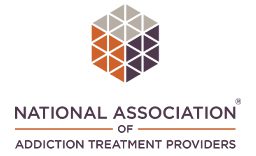Age-Specific Care
We are age-specific, not gender-specific. We focus on the unique circumstances that your teen faces at their specific stage of life.
Level of Care: Residential
Program length: 30-90 days
Ages: Teens
Location: Crownsville, Maryland




At Sandstone Care, we strive to make our patients feel heard and supported through every step of their journey. That’s why we offer personalized rehab for teens that prioritizes an in-depth understanding of your goals, experiences, and challenges.
We’ll work with you closely to develop a treatment plan perfectly tailored to you.
We are age-specific, not gender-specific. We focus on the unique circumstances that your teen faces at their specific stage of life.
We only use treatment interventions that have been scientifically proven to provide consistent, lasting recovery.
Your teen is more than a number, which is why we provide an intimate setting where their voice can be heard.
No one person is the same, and neither is their recovery journey. Your teen’s treatment program will be tailored to their unique needs.
We want your teen to get the most out of life, which means feeling your best in the classroom or at your job.
Recovery involves the entire family, so we provide support for the whole family system.
My child is almost done with their program and I’ve seen a huge difference.
We have felt included and supported and are so grateful for the care they’ve provided to our son at such a vulnerable and scary time.
The Continuum of Care
Access a full range of treatments for mental health and substance use disorders. Whether you need a safe transitional living community, inpatient treatment, or outpatient therapy, we have a program to help.
We help teens and their families overcome challenges with drugs, alcohol, mental health issues, trauma, and addiction in Crownsville, Maryland.